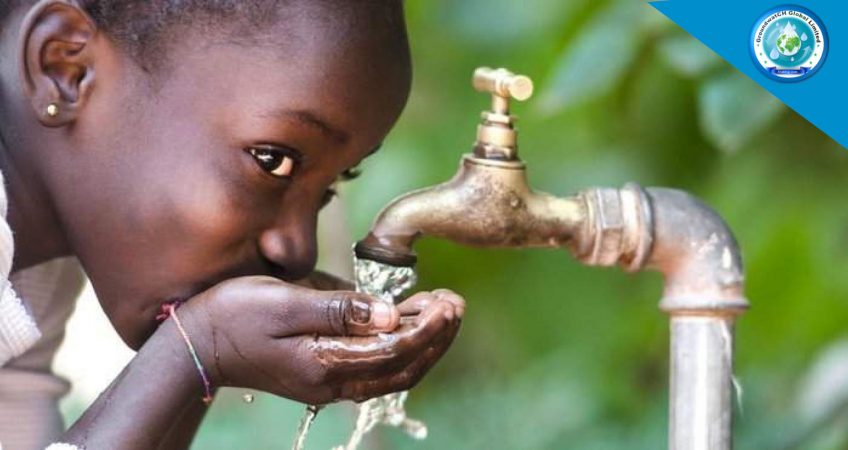According to statistics, boreholes allow businesses or homes to access about 20,000 litre per day private water supply with no restrictions and no costs. A lot of companies such as farms, hotels or schools will use a lot of water each day, making a borehole a much more affordable option in the long run. Although all of this free water seems great, there are a lot of questions about it since borehole water isn’t cleaned in the same way that mains water is.
This article will go over all the questions about boreholes and discuss just how safe this water is safe to drink.
Differences Between Borehole & Mains Water
The main difference between the borehole and mains water is the source as these two systems get their water from very different places. Mains water mainly comes from recycled wastewater which has been purified to be made safe for drinking purposes. Boreholes, on the other hand, get their water straight from the ground which won’t go through the same treatment processes as mains water but sometimes it doesn’t even need to be treated due to it coming directly from such a natural source.
Can I Drink The Water?
Yes, borehole water is usually safe to drink. However, there are rules and regulations defining the parameters to look out for before taking borehole water for consumption. Borehole water can only be fit for drinking once it has been tested and approved by a health officer.
What Could Be Wrong With Borehole Water?
Unlike mains water, which is actually 60% recycled wastewater, water from boreholes comes straight from the ground making it 100% fresh and natural. However, since it is coming straight from the ground this means that it could possibly have higher levels of iron, magnesium, calcium or other minerals as well as some bacteria. Most of these are harmless however, to vulnerable people like babies, it could have some implications on their health, which is why it is important to get the water checked before drinking it.
Why Is My Borehole Water Brown?
Brown or dirty looking water can be caused by many different things and without investigating, it can be difficult to determine what the route of the problem is. Some of the most common causes for brown water are:
- Surface infiltration or other contamination
- Borehole collapsing or water level dropping
- Iron or manganese in the water
- Rust or breakdown of the metals in the household piping or fixtures
A lot of the time these problems can be fixed through water treatment, however, this may not always be the case so it is important to get a professional to take a look at your water supply if it appears brown in colour.
When Should I Get My Water Treated?
Right after drilling. After you test your borehole water, you will get a report detailing the quality of the water and whether it is safe to drink or not. The most common reasons for people getting their borehole treated is because of: low Ph levels, high magnesium or iron levels, turbidity, bacteria, nitrate, aluminium or arsenic.
Need expert advice? Speak with GroundWatch Global Limited.
If your report comes back advising you to have the water supply treated, you can call our team at GroundWatch global who are highly experienced carrying out water assessment and quality check. You can call us on 0710699927 or contact us via our website for a quick response.

